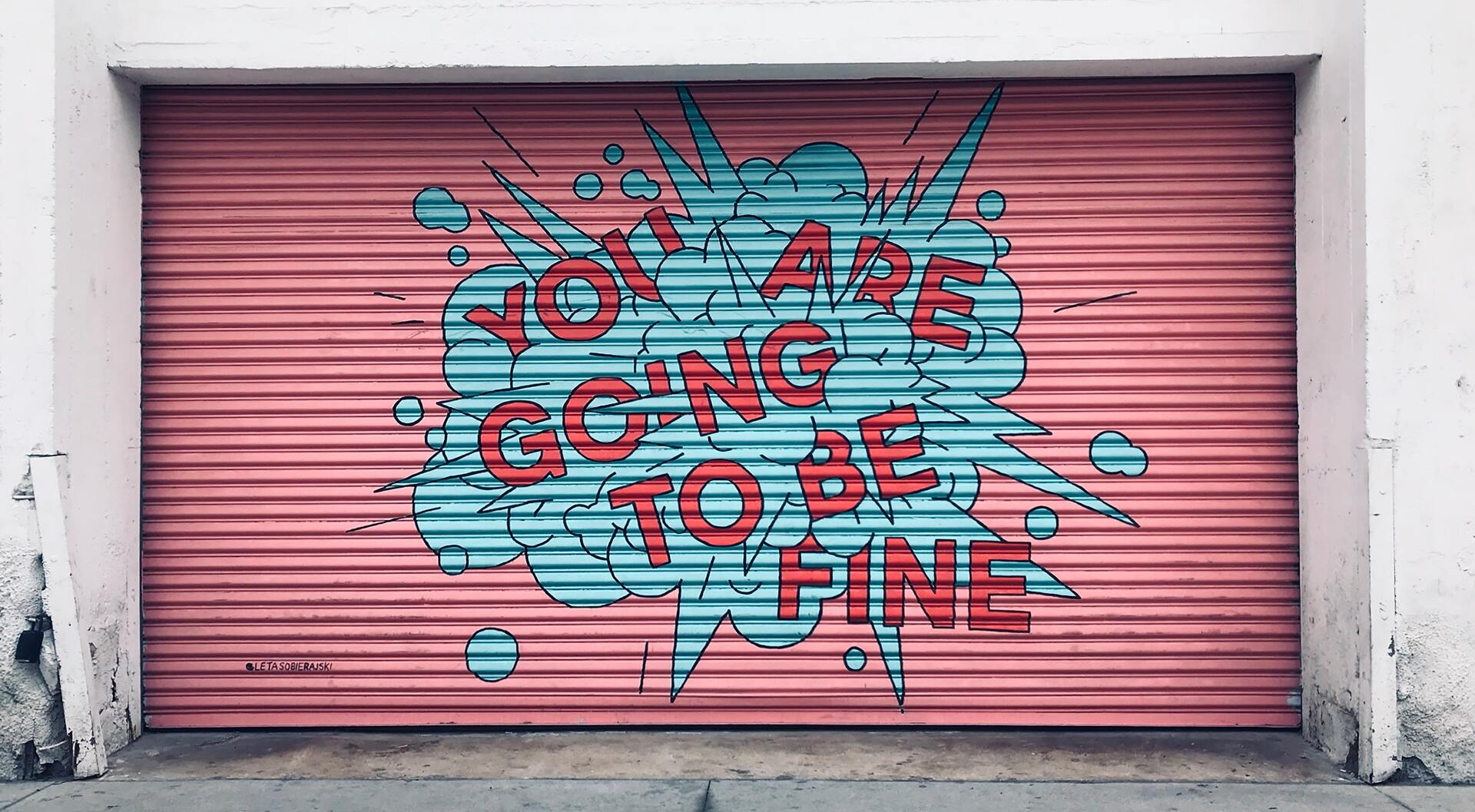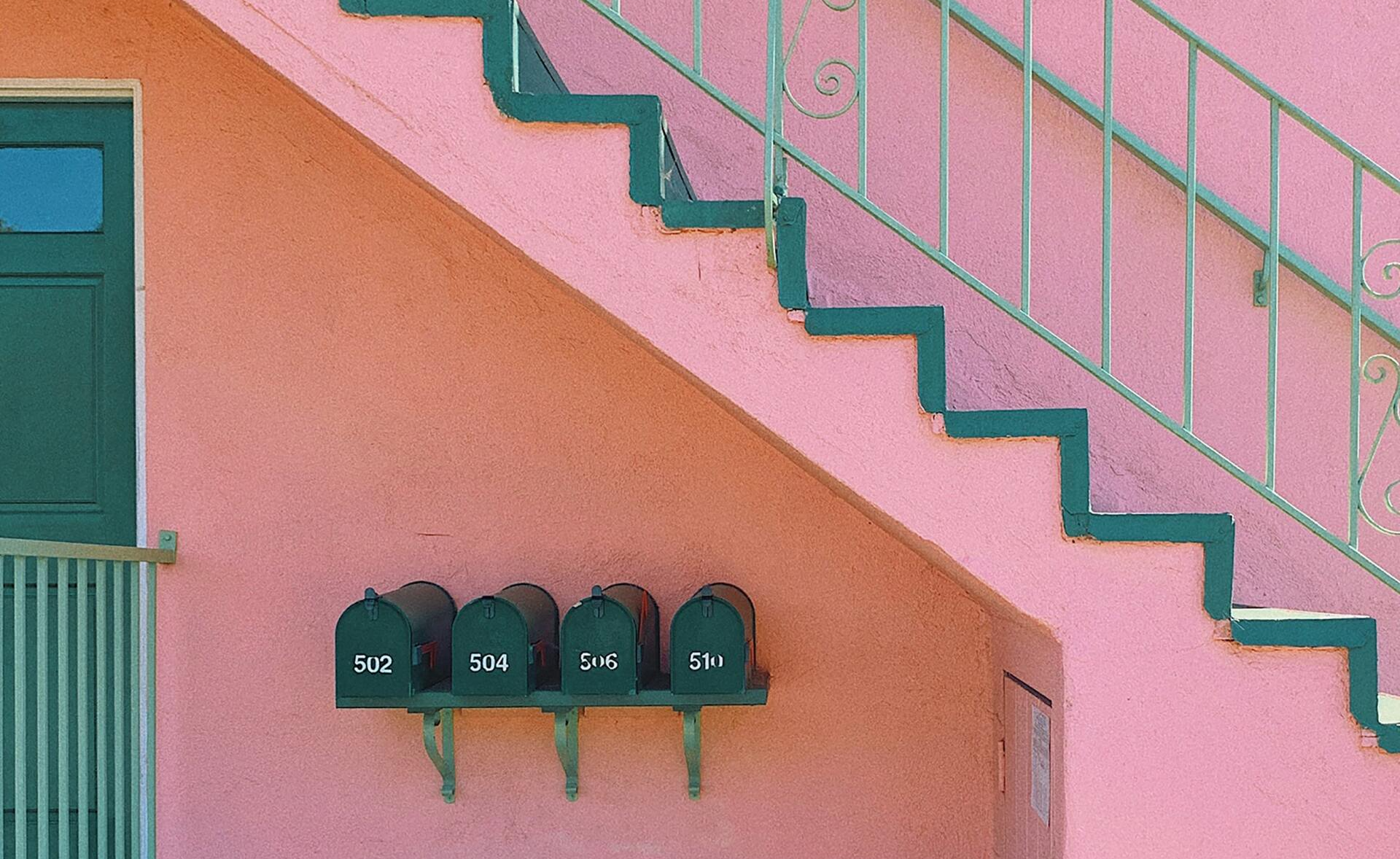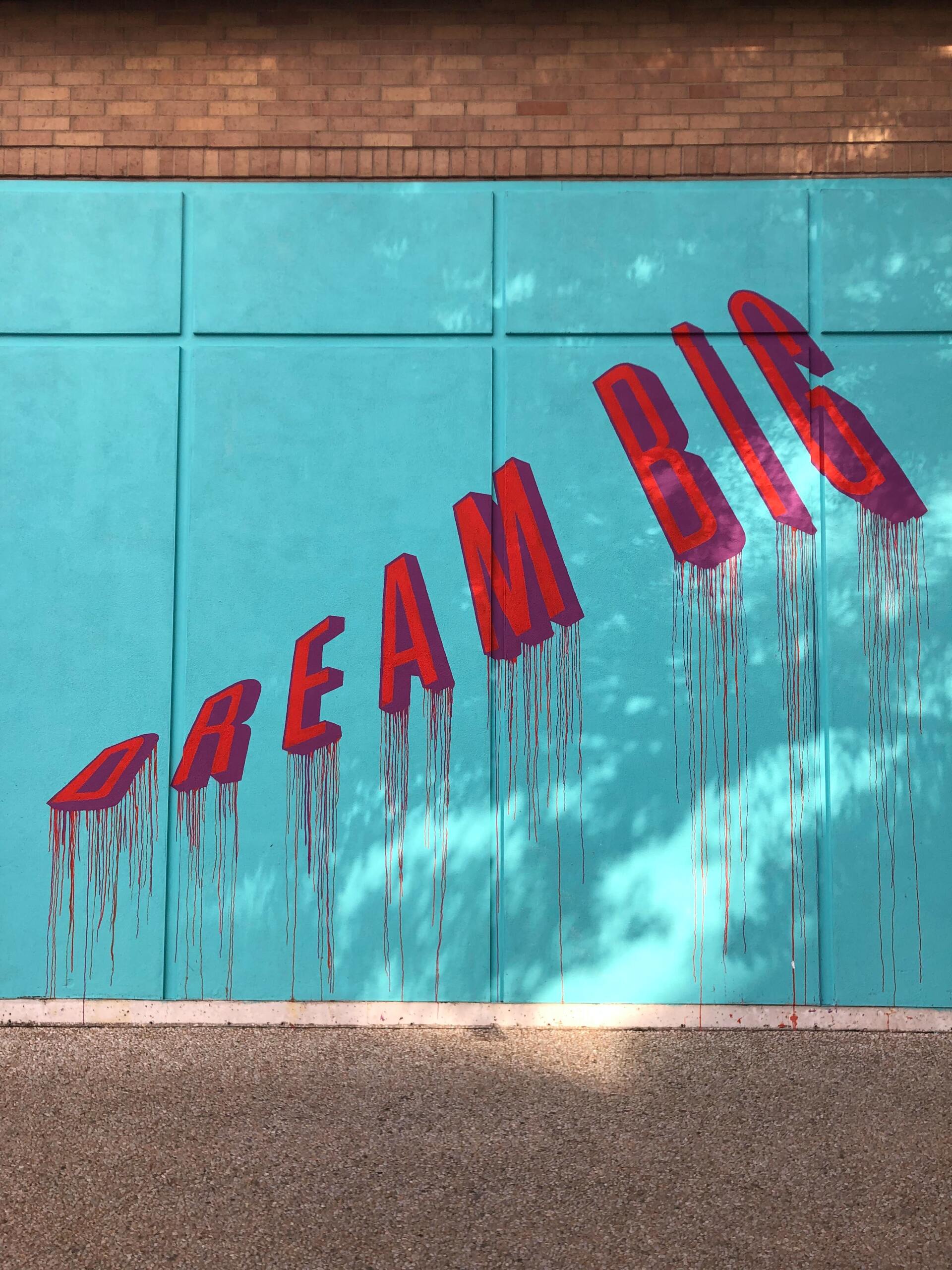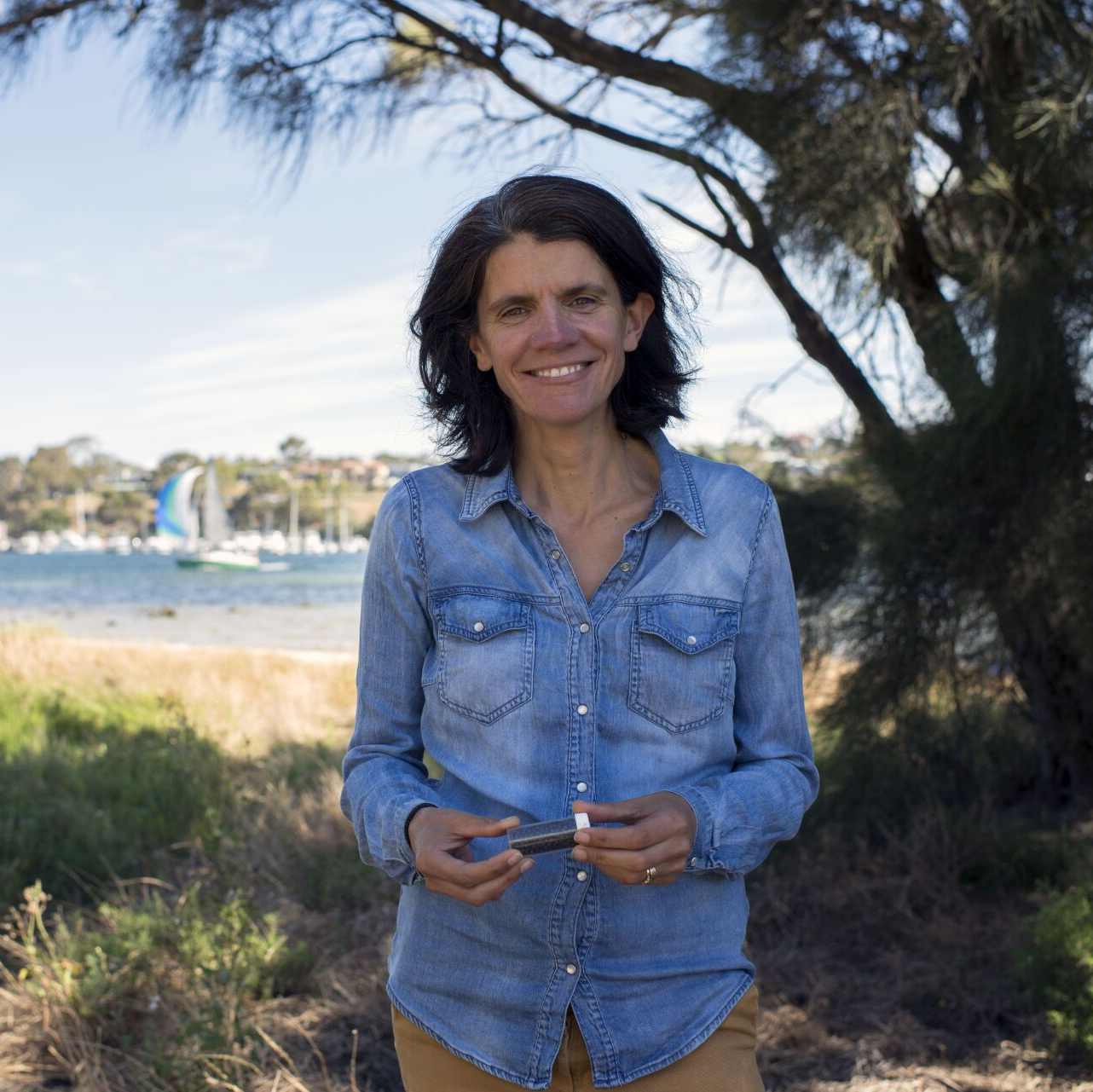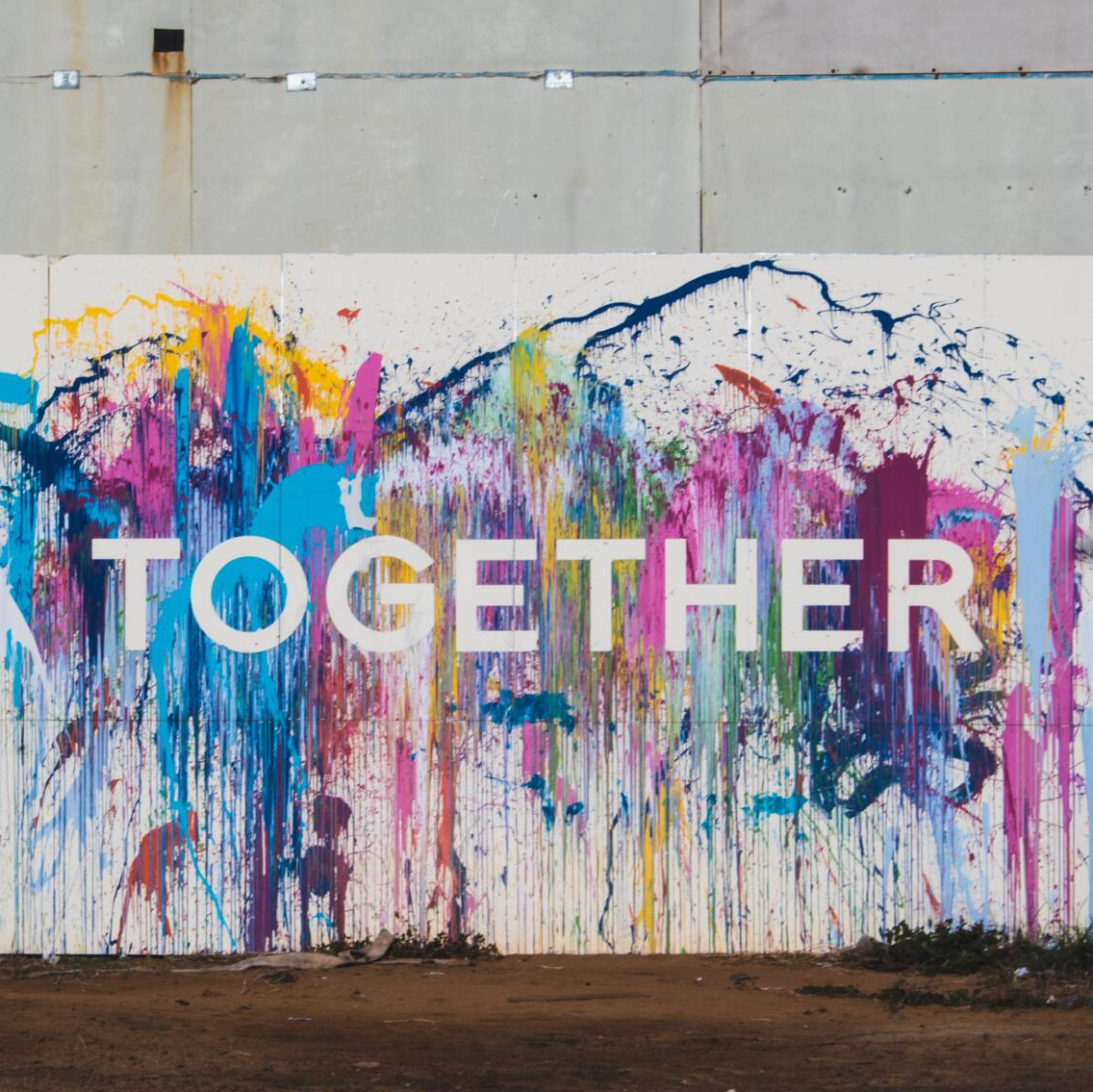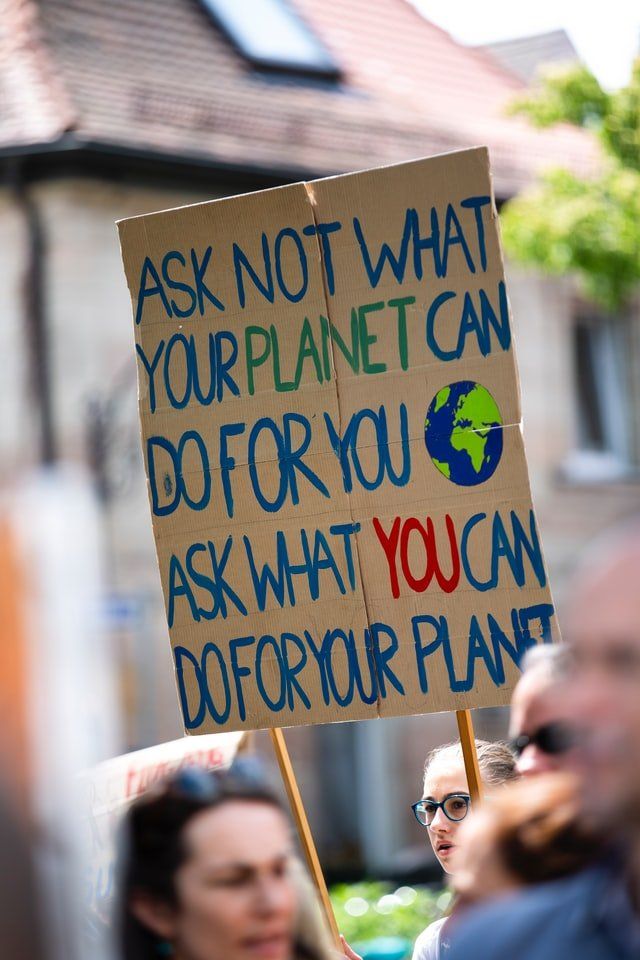Turning your Network into Allies
SHARE
In business you might call them competitors, but what do you call the people in your community who are tackling the same issues as you? Well, if you play it right, these are your allies; helping you build powerful connections for good. So why do many of us operate alone and how do we set ourselves up for allyship success?
Mum, what’s an Ally?
Historically, allies were nations in times of war that a country could trust. They weren’t your country, but they were a nation of supporters and would work alongside you in times of crises. In 2021, to be an ally can mean being someone who supports a cause for marginalised individuals or groups of people. At a community level, we talk about allies being people or organisations who are change-makers looking to shift the status quo, and make an impact on social and environmental issues.
So, are they our friends?
Not exactly. Allies are created by recognising a common purpose despite two sides sharing (often very large) differences. Unlike friendships, alliances aren't usually formed through hobbies, interests, or shared demographics such as age or geography. In the community space, allies are not friends exactly, but they do come with benefits. Being an ally means recognising that the people you are supporting or working with should, by nature, look or feel different to you. But in order to do so, we also need to understand why this is important.
Solutions as diverse as us
We can often see the same sorts of people tackling community sustainability issues alone and missing out on the benefits of broader collaboration that would allow movements of people to connect and work together. They are also missing out on the immense benefits that come from diversity and inclusion.
What does it take to create Allies?
- It takes trust: there’s a leap of faith from both sides to make sure we can work together on a project.
- It takes letting go: Attachment to our own projects needs to be loosened. Our ego makes us think we are an authority and makes letting others in harder.
- It takes time: Sometimes we barely have enough time to do what we have on our plates, let alone include more work by reaching out to others.
- It takes creativity: Finding allies means looking at the world through a different lens. It might mean finding a business that cares as much about litter as you, or a church who has an environmental mission. Or maybe it's reaching out to a group that is looking for resilience and improved social connections for whom sustainability outcomes haven’t previously been a focus.
Here's 3 ways to start
1. Check Your Values
Values are the driving force when it comes to allies. It's important to know your own values and purpose so that you can maximise your connections and the change you make with them. Once you consider your intentions and values, you'll be able to find people and organisations with the same purpose and values as you; ones who are looking to bring change and create an impact. They are the ones who might end up being the perfect allies!
2. Check Your Scope
Now that you've figured out how to use the powerful connecting force of values and intentions to reach your allies, it's important to think about the scope.
This means considering:
- How can they contribute to my project? What do I have to offer them?
- Where am I going to form alliances and partnerships - in what context?
- What opportunities are there for collaboration?
- Check the agenda
- Communicate clearly - do you need an agreed framework (such as a Memorandum of Understanding)?
3. Check Your Privilege
Sometimes we aren’t able to realise the importance of being an ally for others until we are comfortable recognising our own privilege first. Being an ally is as much about others lifting you up, as it is about supporting other marginalised groups or communities around you. Unless we recognise that we have opportunities that others don’t, simply by where we live or where we were born, it makes it harder to see the power we hold as allies for others.
In a world like ours, the number of organisations or people that are tackling environmental and community challenges, which we see a lot of over at Good For the Hood, are addressing a need greater than what all of them together could possibly meet. So even if we all work together collaboratively, we are still going to be confronted with significant challenges. With this in mind, it simply makes no sense to work alone; our power to bring change lives in collective action.
SHARE
The GOOD News
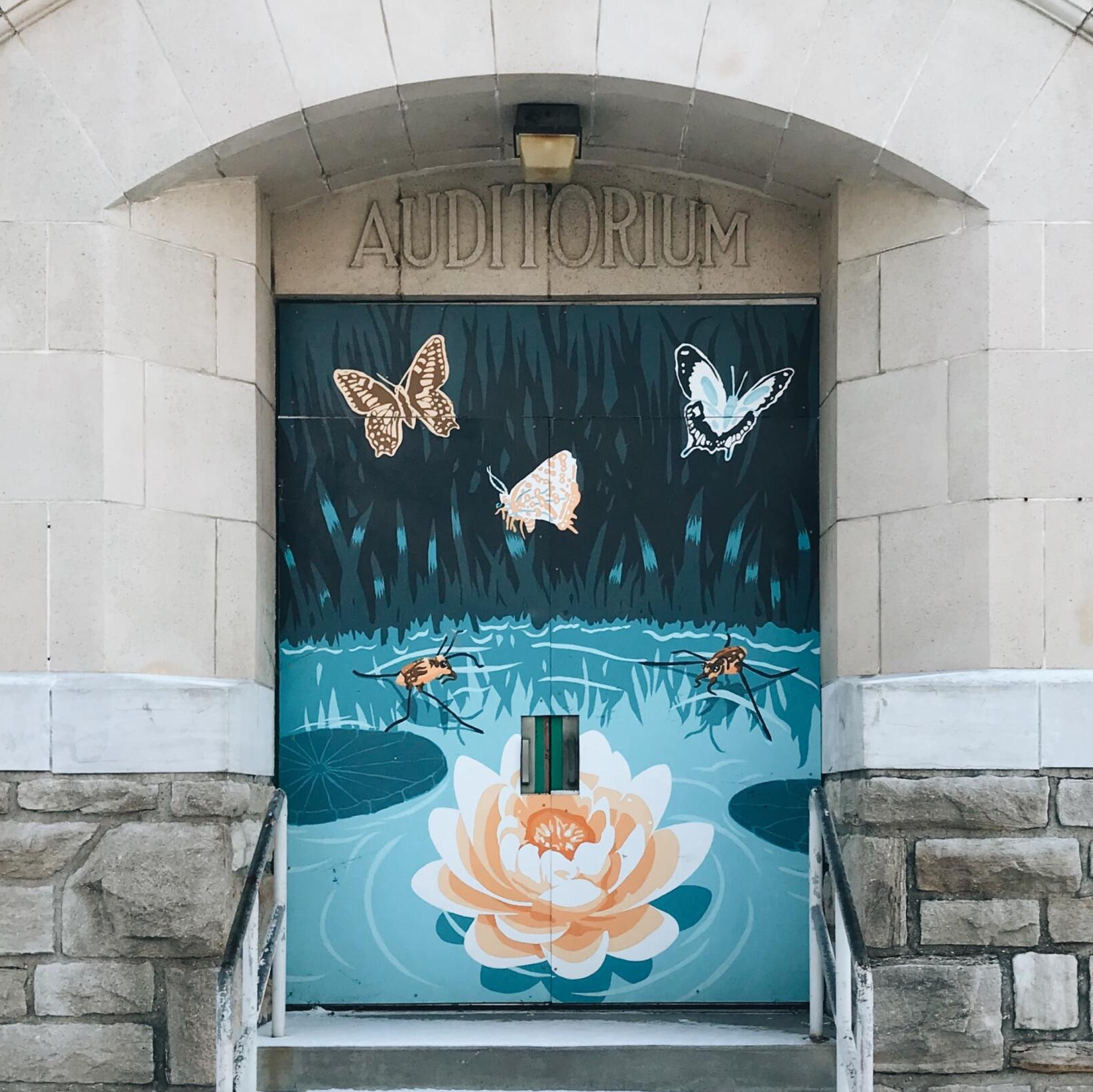
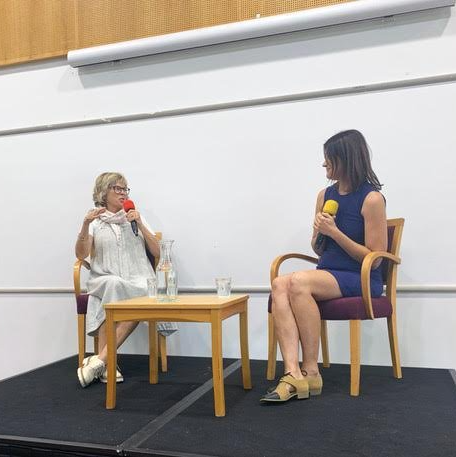
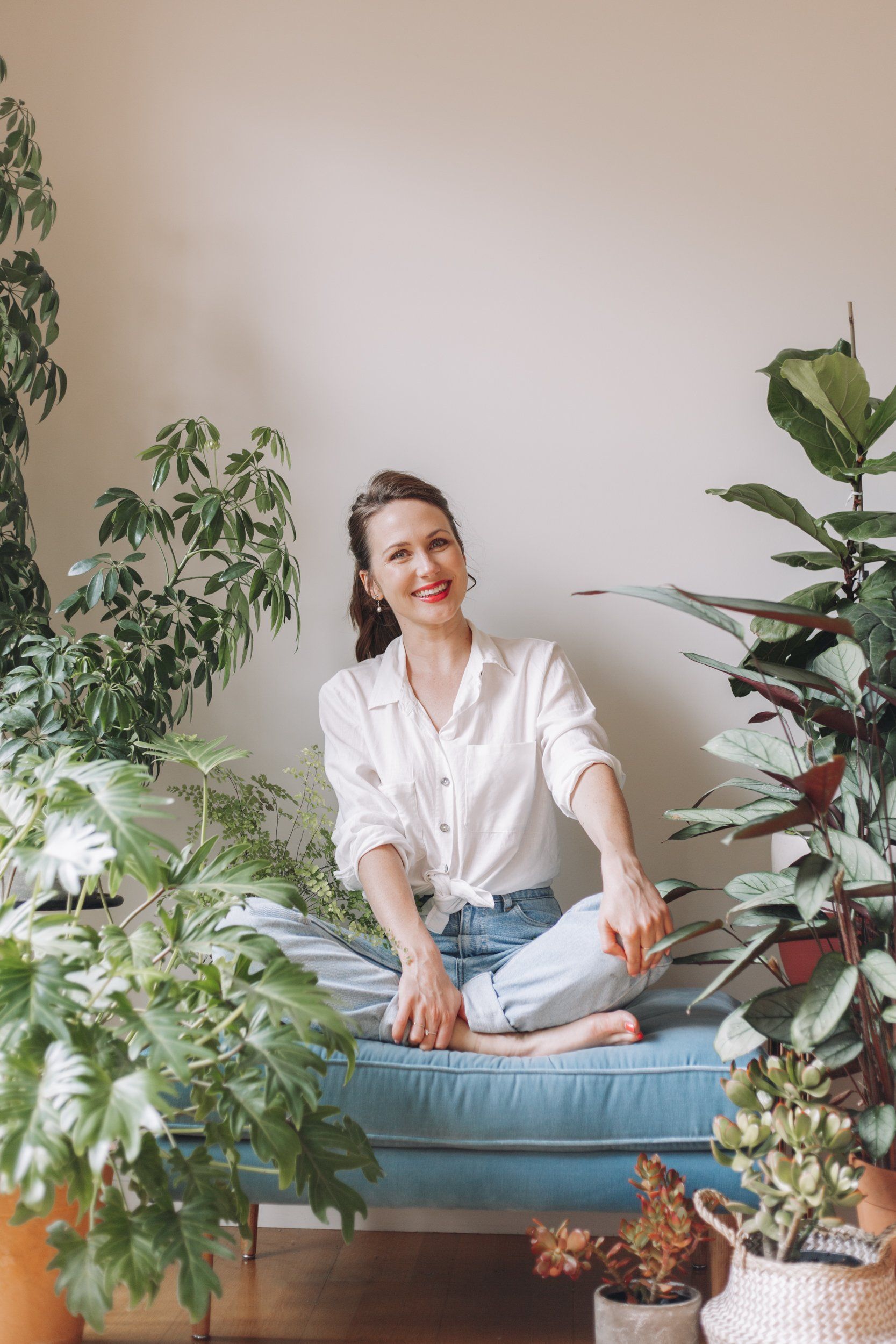
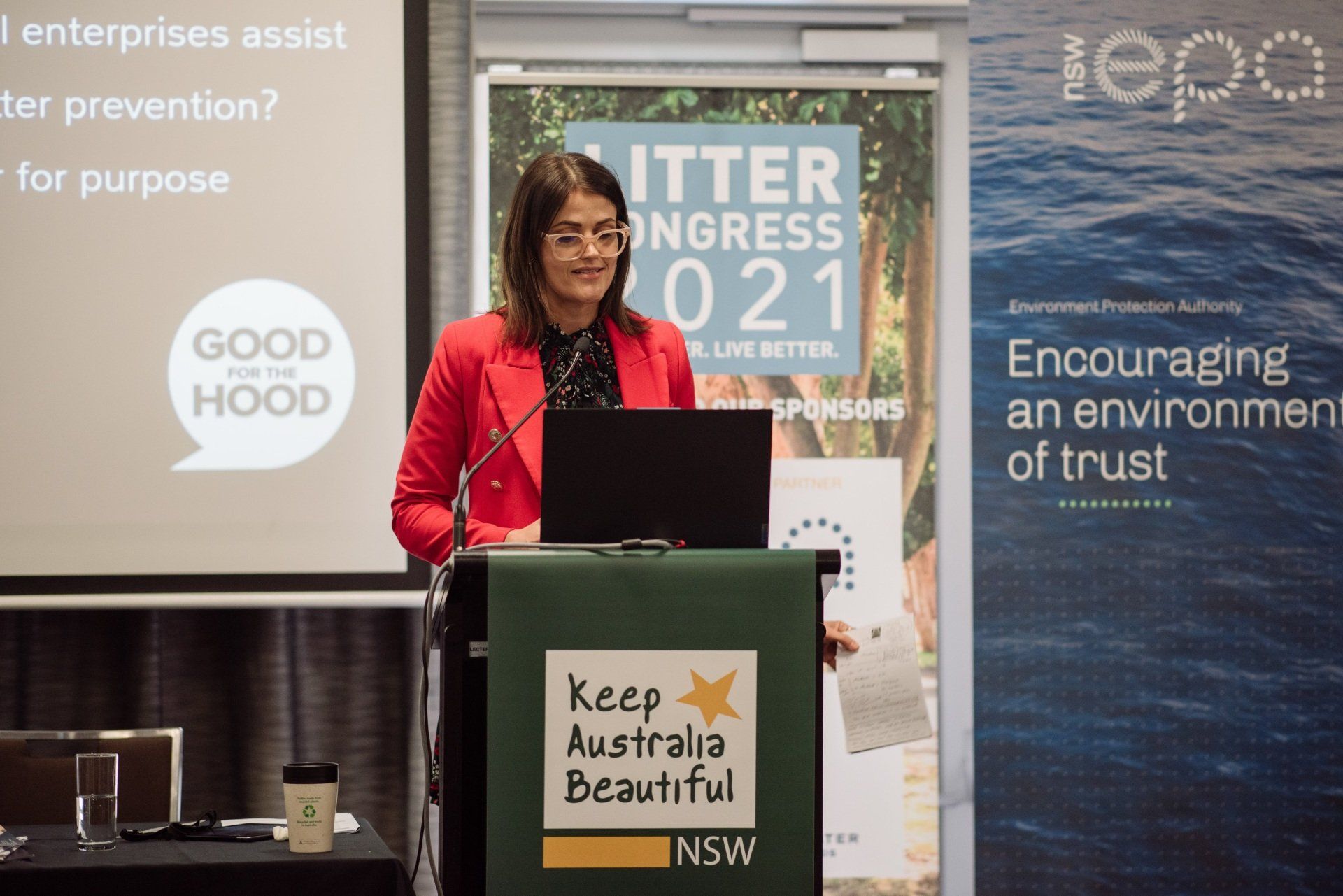
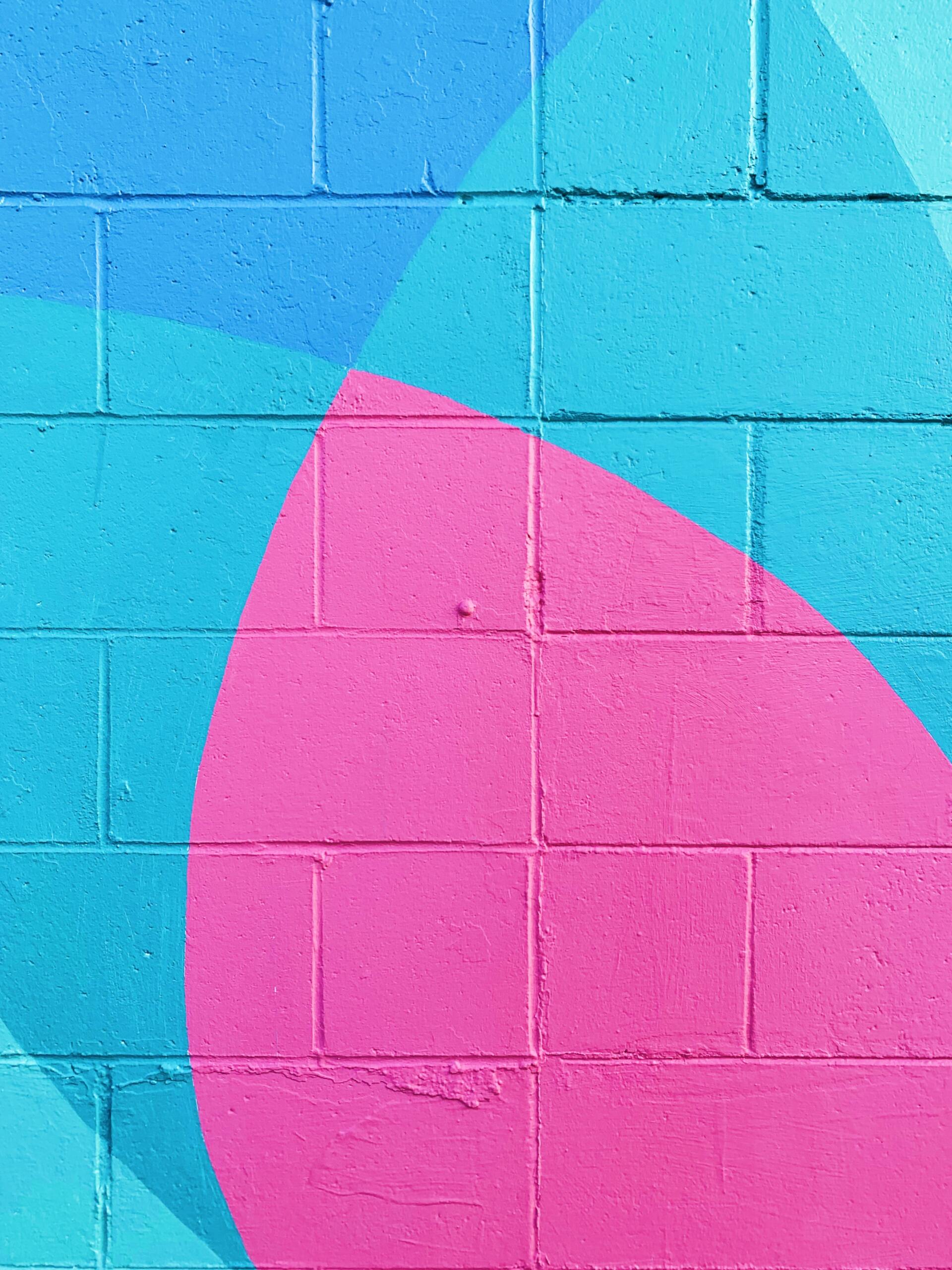
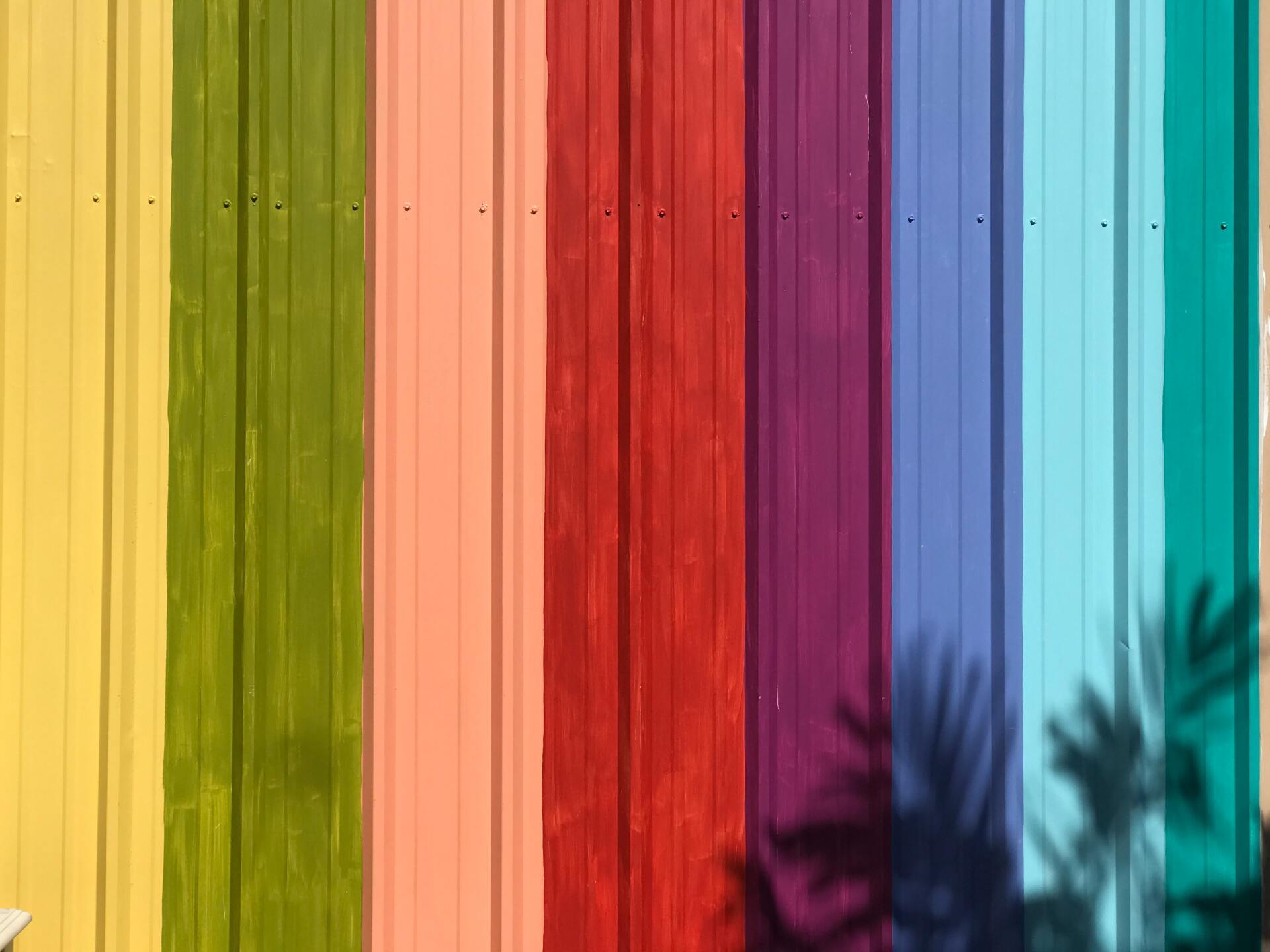
Good News
The 'State of our Hoods' Survey
Complete to receive your 25% discount on the Go For Zero exclusive range and go in the draw to receive a $200 Go For Zero voucher
Good For the Hood operates on the traditional lands of the Wallumadegal across the Eora and Darug Nations, where connection to community has been carefully nurtured for thousands of years.
We acknowledge and pay our respects to Elders past and present.
Our mission is to empower Australian individuals and organisations to create positive environmental and social change in line with the UN Sustainable Development Goals. We do this by providing resources, networks and tools for advocates which support their efforts toward a more sustainable and regenerative future.
